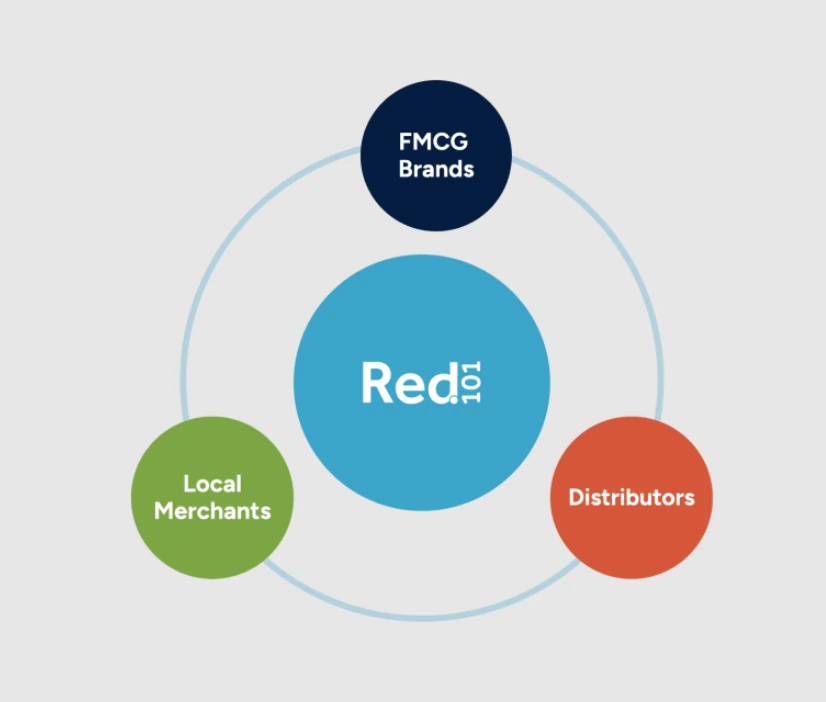
RedCloud Technology is introducing Red101, an AI-powered open commerce network. This innovative platform aims to democratize e-commerce by offering a viable alternative to dominant players like Amazon. As Red101 prepares to launch in the U.S. this fall, it promises to revolutionize the way small and medium-sized businesses (SMBs) engage in digital trade.
Red101, developed by the U.K.-based RedCloud Technology, is designed to empower SMBs by addressing the inefficiencies and challenges they face in the current e-commerce ecosystem. Unlike traditional business-to-consumer platforms, Red101 operates as a business-to-business network, connecting fast-moving consumer goods (FMCG) brands, distributors, and local merchants in emerging markets. This approach allows retailers to trade directly with distributors, ensuring they can acquire inventory at the right price and time.
Justin Floyd, CEO of RedCloud, emphasizes the transformative potential of Red101, stating that the platform leverages AI technology to create a fairer, more transparent, and safer trading environment. By mitigating supply chain inefficiencies and defending against counterfeit goods, Red101 aims to level the playing field for smaller retailers competing against e-commerce giants.
RedCloud's mission is to democratize online commerce by making it more transparent and accessible. The platform provides merchants with access to capital, enabling them to grow their businesses, manage cash flow, and purchase necessary equipment or inventory. This is particularly crucial for U.S. retailers who struggle to network with local supply chain resources.

RedCloud is positioning Red101 as a formidable alternative to Amazon, particularly for SMBs and individual entrepreneurs who face increasing pressures from Amazon's fee structures. In 2023, Amazon's fees for hosting products and handling storage and shipping amounted to $140 billion, representing 25% of its total revenue. These fees, coupled with inflation, are forcing small businesses to raise prices, a strategy that is not always viable given the cost-conscious nature of consumers.
RedCloud's expansion into the U.S. market is a strategic move to attract Amazon's third-party sellers, offering them a platform that grants more control over their trading activities. Red101's success in Africa and Latin America, with a 99.8% retention rate of member retailers, demonstrates the platform's effectiveness in connecting retailers with wholesalers and distribution brands.
Artificial intelligence plays a pivotal role in the functionality of Red101. By analyzing customer data and interactions, AI helps businesses personalize their sales processes, leading to increased sales and improved customer service. AI-driven platforms like Red101 can automate tasks such as order fulfillment and customer service, allowing businesses to focus on innovation and growth.
However, the implementation of AI in e-commerce is not without challenges. Concerns about data privacy and the high initial investment required for AI infrastructure are significant hurdles. Despite these challenges, the potential benefits of AI, including enhanced operational efficiency and reduced errors in supply chain management, make it an attractive option for e-commerce businesses.
By leveraging AI technology and embracing the principles of open commerce, RedCloud Technology is setting a new standard for online retail. As SMBs and individual entrepreneurs seek alternatives to dominant platforms like Amazon, Red101 offers a promising solution that prioritizes fairness, transparency, and accessibility.







